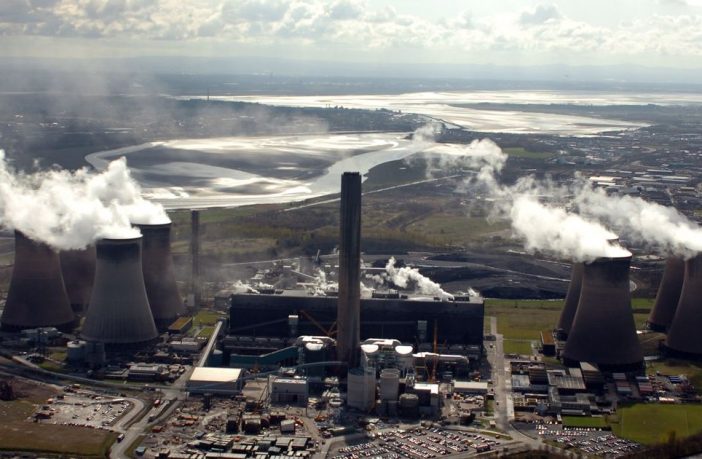- UK power utility SSE is proposing to close the remaining operational units at Fiddler’s Ferry Coal-Fired Power Station citing financial challenges among other reasons.
- Fiddler’s Ferry has had limited success in the UK Government’s Capacity Market auctions and its current contract will end in September 2019.
- Its financial performance has deteriorated to unsustainable levels, with losses around £40 million ($45 million) in SSE’s last financial year and projections for further losses in future years.
Following collective consultation on the proposed closure, SSE stated it will look at options to redeploy employees, while some will have a continuing role in managing the decommissioning of the plant and SSE will also offer voluntary redundancy on enhanced terms.
Stephen Wheeler, managing director of Thermal Energy at SSE, said: “The proposed closure of SSE’s coal-fired power station at Fiddler’s Ferry is a very difficult decision because of the impact on our employees and contractors at the station, their families and the local community.
“Financially, the station is making significant losses and our projections show that this will continue to be the case as the UK looks to phase out coal-fired generation by 2025 at the latest.
At nearly 50 years old, the station is unable to compete with more efficient and modern gas and renewable generation.
“We have a talented and dedicated team at Fiddler’s Ferry and our priority is to support employees and ensure they have a range of options available to them for the future. SSE is proud of the social and economic contributions the station and our employees have made for the local area and wider society.”
As national and international policies focus on promoting lower-carbon forms of electricity generation in a bid to tackle climate change, the economics of coal-fired stations have become increasingly challenged.
The UK has committed to ending unabated coal-fired electricity generation by 2025, and this week the government confirmed it would legislate to achieve a net zero carbon emissions target by 2050.
Author: Babalwa Bungane
This article was originally published on ESI Africa and is republished with permission with minor editorial changes.















